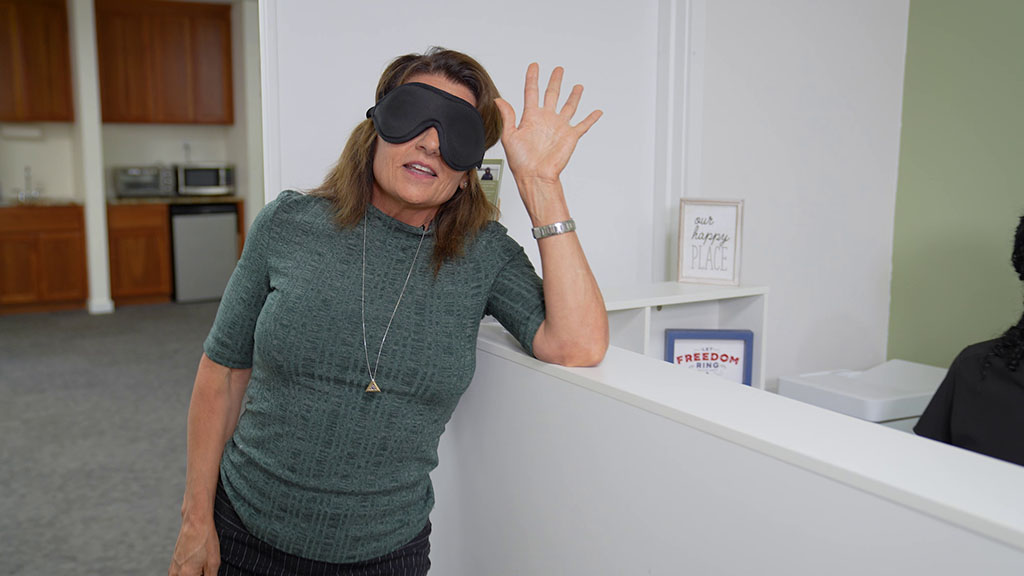As a Nurse Practitioner with extensive experience in hormone balancing, I hear from many women who struggle with weight gain, brain fog, irritability, vaginal dryness, and fatigue. Low libido is something that affects both men and women. While some of these causes pertain specifically to women, many of the experiences below can be felt by men dealing with low libido too.
Let’s get into it!
Many people believe that low testosterone is the culprit behind their diminished sexual desire, and while testosterone can play a role, it’s not always the full picture. Decreased libido is a common issue among women and men of all ages. It can be distressing, affecting not only self-esteem but also intimate relationships. Understanding the multifaceted causes of decreased libido and exploring solutions can help women navigate this challenging experience.
5 Common Causes (and Solutions!) of Decreased Libido in both Women and Men
1. Hormonal Changes
Hormonal fluctuations significantly impact a woman’s sexual desire. During menopause, the decline in estrogen levels can lead to vaginal dryness, discomfort during sex, and reduced interest in sexual activity. Postpartum women also experience hormonal shifts that may lower libido. While testosterone levels do play a role in sexual desire, other hormones like estrogen and progesterone are equally important.
If you suspect that your decreased libido is due to hormonal changes or a medical condition, it’s important to speak with your healthcare provider. There are effective treatments and medications specifically designed for women that can help restore sexual desire and address other symptoms like vaginal dryness and fatigue. Whether through hormone replacement therapy (HRT), adjustments to current medications, or exploring other treatments, there are options tailored to your needs.
2. Stress and Mental Health
Stress, anxiety, and depression can severely impact libido. High-stress levels, whether from work, relationships, or daily life, can dampen sexual desire. Conditions like depression may reduce interest in activities that once brought pleasure, including sex.
Making your bedroom a space for relaxation can support sexual desire. Incorporating stress-relief techniques such as mindfulness, yoga, or meditation can also help reduce anxiety and enhance sexual desire.
3. Medications
Certain medications, such as antidepressants, birth control pills, and blood pressure medications, can lower libido as a side effect. If you suspect your medication is affecting your sexual desire, consult your healthcare provider before making any changes.
Some people find relief through alternative therapies such as acupuncture, herbal supplements, or essential oils known for their aphrodisiac properties. Always consult a healthcare professional before starting any new treatment to ensure it’s safe and appropriate for you.
4. Relationship Issues
Problems within a relationship, such as unresolved conflicts, poor communication, or a lack of intimacy, can contribute to a decreased sex drive. Emotional closeness and connection are often crucial for sexual desire.
Talking to your partner about your feelings and concerns is essential. Open communication can help build intimacy and understanding, which are crucial for a healthy sexual relationship. If relationship issues continue, consider couples therapy to work through any underlying problems.
5. Physical Health
Chronic illnesses, fatigue, and pain can also lower libido. Conditions like diabetes, arthritis, and thyroid disorders may impact energy levels and sexual interest. Additionally, lifestyle factors such as poor diet, lack of exercise, and insufficient sleep can also play a role.
Taking care of your physical health can have a positive impact on your libido. Regular exercise, a balanced diet, and adequate sleep can boost energy levels and improve overall well-being.
Remember, you’re not alone—
Decreased libido is a complex issue with various potential causes, from hormonal changes to stress and relationship dynamics. It’s important to approach this issue with patience, understanding, and a willingness to explore different solutions. Many people face these challenges, and seeking help is a positive step toward reclaiming your sexual health and overall well-being. I want you to feel comfortable discussing these concerns with me so we can work together to find the best approach to improving your sexual health, boosting your energy, and enhancing your quality of life. There is hope; you don’t have to go through this alone.
Share this article with your network:
Our LinkedIn: https://www.linkedin.com/
E-mail: info@roccosremedy.com
Facebook: https://www.facebook.com/



